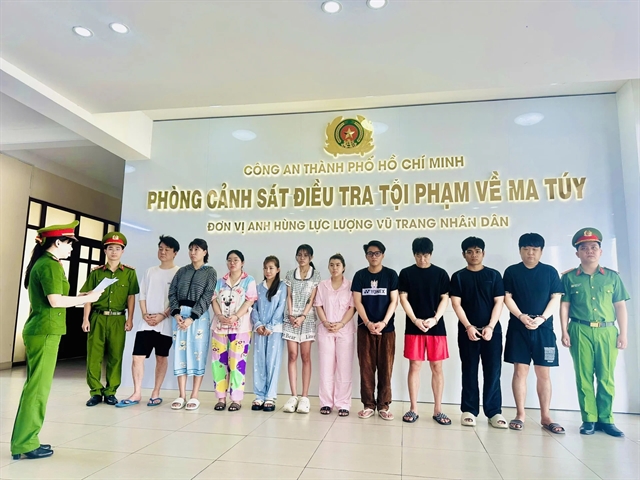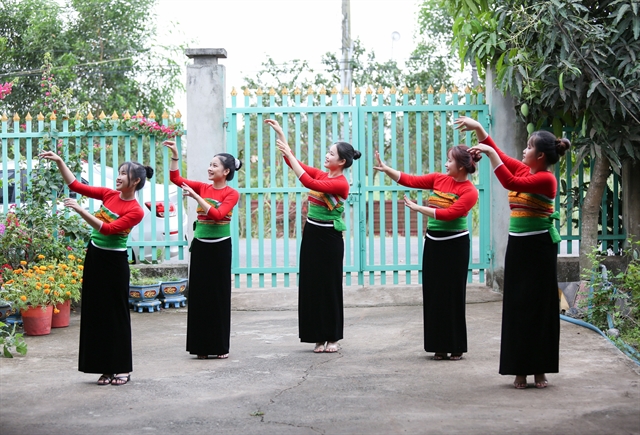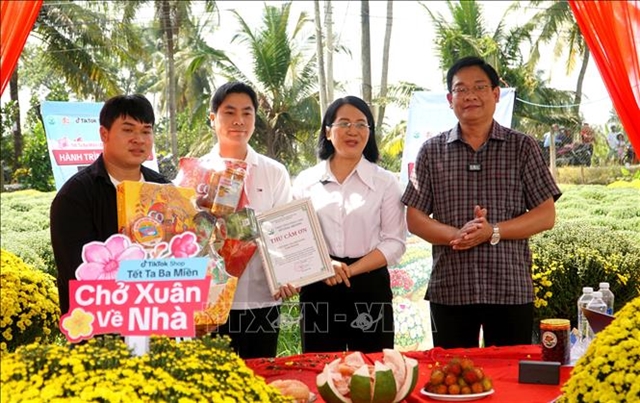 Society
Society

The south-eastern province of Tây Ninh has implemented a number of policies to improve the lives of ethnic peoples.

|
| Thái ethnic girls practise the traditional xoè dance in Tây Ninh Province’s Bến Cầu District. —VNA/VNS Photo Thanh Tân |
TÂY NINH — The south-eastern province of Tây Ninh has implemented a number of policies to improve the lives of ethnic peoples.
It has 21 ethnic groups with 21,410 people, who account for 1.71 per cent of its total population.
The Khmer, Chăm and Hoa account for the largest numbers.
To improve the lives of the ethnic people, the province has allotted them farming and housing lands, provided jobs and helped preserve their traditions and cultures.
In Bến Cầu District, Long Phước Commune has 40 Thái ethnic families with 140 members.
Hồ Thanh Hải, chairman of the commune People’s Committee, said the province had a policy of providing each ethnic household in the commune 400sq.m of housing land and two hectares of farmland in 1994.
Hà Duy Khuyền, an ethnic Thái man living in Long Phước, moved from the central province of Thanh Hoá to Tây Ninh.
He said: “When I came here, I had no land. In 1994 my family was given housing land and farmland.”
He and his wife worked hard on the lands and saved up to buy more, and his family now has seven hectares, he added.
Most Thái houses in the commune are built of concrete and bricks.
The province has provided soft loans to ethnic households to carry on farming and business, and implemented measures to preserve their traditions and cultures.
For instance, it is building incinerators for the Khmer people, who have a tradition of cremating their dead. It built one in Châu Thành District in 2020.
It plans to build another in Tân Biên District’s Hoà Hiệp Commune by 2030.
It preserves the cultural, historical and architectural works of ethnic minorities.
The chhay-dăm drum dance of the Khmer in the province has been recognised as a national intangible cultural heritage.
The province has 12 cultural houses for its minorities, including the Khmer, Tà Mun and Chăm.
Infrastructure has been improved in ethnic-dominated communes in recent years.
Commune-level roads are paved with cement or asphalt, ethnic children of school-going age attend schools and households have access to power and water.
The province has 60 new-style rural communes and advanced new-style rural communes, many with a large number of ethnic people.
In 2021-25 the province is investing VNĐ26.3 billion (US$1.1 million) to implement a national programme for socio-economic development in ethnic minority and mountainous areas.
Under it, ethnic people will be provided with housing and farming lands, power, water, and healthcare, and investments will be made in infrastructure to improve their lives.
It will also provide vocational training to more than 1,900 ethnic people to enable them to get jobs and stabilise their livelihoods. — VNS




